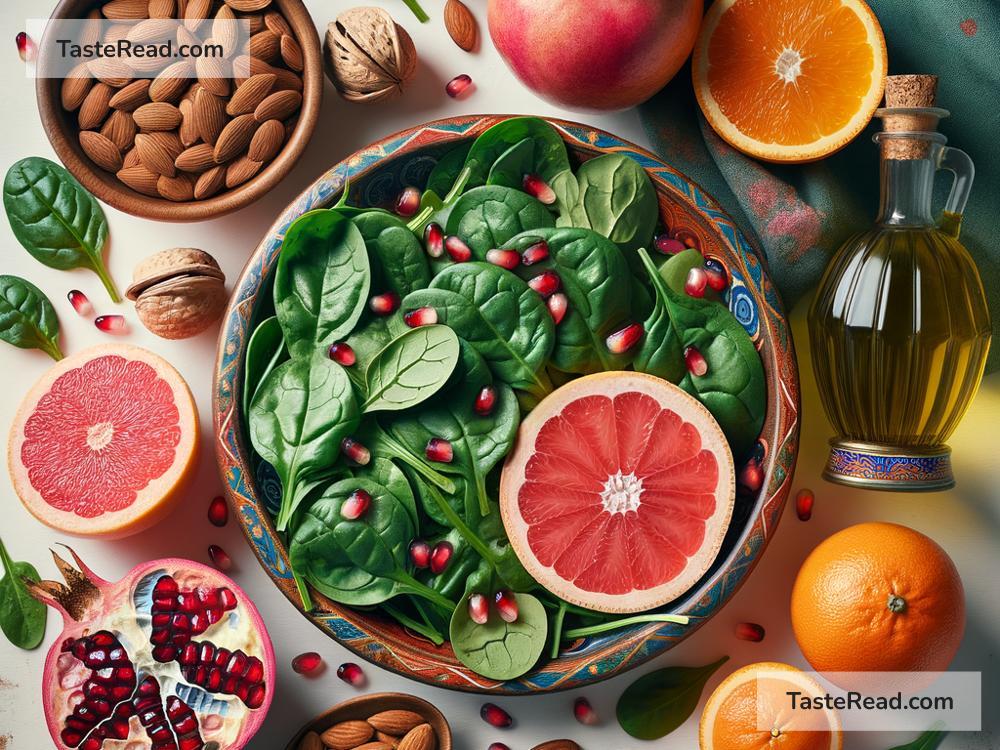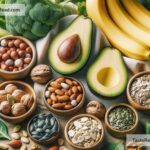Foods That Support Platelet Health: Eat Your Way to Better Blood Health
Platelets may be tiny, but they play a big role in keeping your body healthy. These small blood cells are responsible for clotting your blood when you get a cut, preventing uncontrolled bleeding. Keeping your platelet levels healthy is important for overall well-being, and the foods you eat can make a big difference. In this blog, we explore some delicious and nutritious foods that support platelet health in simple terms.
Why Are Platelets Important?
Platelets are part of your blood, along with red and white cells. When you hurt yourself and bleed, platelets rush to the site of injury and stick together to form a clot. This stops the bleeding and helps your body repair itself. If your platelet levels are too low (a condition known as thrombocytopenia), you may bleed more easily and take longer to heal. On the other hand, excessive platelets can lead to clots that may block blood flow, causing serious health issues.
Keeping platelet levels balanced is essential, and certain foods can help your body maintain that balance.
Key Nutrients for Platelet Health
To ensure your platelets are functioning properly, your body needs specific nutrients. These include:
- Vitamin B12: Boosts platelet production and supports cell health.
- Vitamin C: Strengthens blood vessels and helps platelets work efficiently.
- Vitamin K: Supports healthy blood clotting.
- Iron: Essential for your body to produce enough blood cells, including platelets.
- Folate (Vitamin B9): Supports the production of healthy blood cells.
- Antioxidants: Help protect platelets and cells from damage caused by free radicals.
Now, let’s dive into some foods that are rich in these nutrients!
Best Foods for Platelet Health
1. Dark Leafy Greens
Spinach, kale, and Swiss chard are packed with Vitamin K, a nutrient that plays a key role in blood clotting and supports platelet functions. These greens are also rich in iron, which helps your bone marrow produce platelets.
2. Citrus Fruits
Oranges, lemons, and grapefruits are excellent sources of Vitamin C. This vitamin helps platelets perform their tasks effectively and ensures your blood vessels stay strong. Stronger blood vessels reduce the risk of bleeding, especially when platelets are on the lower side.
3. Beets
Beets are full of antioxidants, which help protect platelets from oxidative damage. They also contain natural iron, a nutrient your body needs to produce platelets and red blood cells.
4. Berries
Blueberries, strawberries, and raspberries are loaded with antioxidants and Vitamin C. These tiny fruits help fight inflammation and keep your platelets safe from harm.
5. Pumpkin and Pumpkin Seeds
Pumpkin is a rich source of antioxidant vitamins and iron, making it great for platelet health. Pumpkin seeds are also packed with Vitamin E, which supports your body’s overall cell health.
6. Fatty Fish
Fish like salmon, mackerel, and tuna contain omega-3 fatty acids that support heart and blood health. These healthy fats reduce inflammation and help platelets operate smoothly. Just remember to consume fatty fish in balance, as excessive omega-3 may affect blood clotting.
7. Legumes
Beans, lentils, and chickpeas are high in folate, also known as Vitamin B9. Folate is crucial for creating new, healthy blood cells, including platelets.
8. Carrots
Carrots contain Vitamin A, a nutrient that supports immune health and helps platelets stick together effectively when they’re needed. Eating raw carrots as snacks or adding them to salads can be a great way to give your blood health a little boost.
9. Garlic
Garlic is not only a powerful immune-boosting food but also has anti-inflammatory properties. It can improve circulation and help platelets perform their job efficiently.
10. Eggs
Eggs are rich in Vitamin B12, one of the key nutrients that help your body produce platelets. They’re also versatile and easy to incorporate into your meals, like breakfast omelets or hard-boiled snacks.
Foods to Avoid or Limit
While eating the right foods supports platelet health, it’s also important to avoid or limit foods that can negatively affect your platelet levels. For example:
- Alcohol can lower platelet counts when consumed in excess.
- Sugary Foods can cause inflammation and harm your overall health.
- Artificial Sweeteners may impact blood health, so stick to natural options.
Simple Tips to Keep Platelet Levels Balanced
Aside from eating the right foods, here are a few tips to maintain healthy platelet levels:
- Stay hydrated: Water keeps your blood flowing smoothly and supports healthy platelets.
- Exercise regularly: Physical activity improves circulation and overall health.
- Avoid smoking: Smoking can harm your blood vessels and platelets.
- Manage stress: Chronic stress can negatively impact your blood health.
Final Thoughts
Your platelets are an essential part of making sure your body stays in good shape, especially when it comes to healing and blood health. By adding foods like leafy greens, citrus fruits, beets, and fatty fish to your diet, you can give your platelets the support they need to do their job efficiently.
Eating for platelet health doesn’t mean giving up on enjoyable meals. In fact, many of these foods are tasty, versatile, and easy to include in your daily routine. Start making small, healthy changes today and give your platelets the nutrients they deserve!


